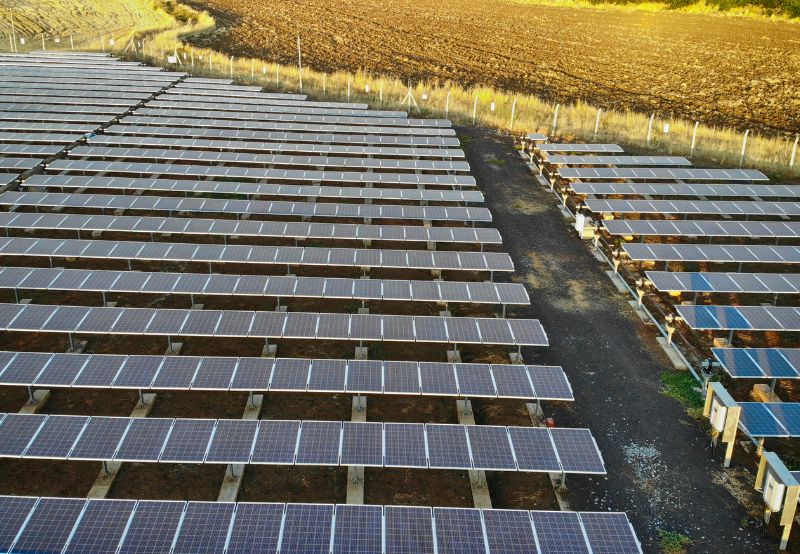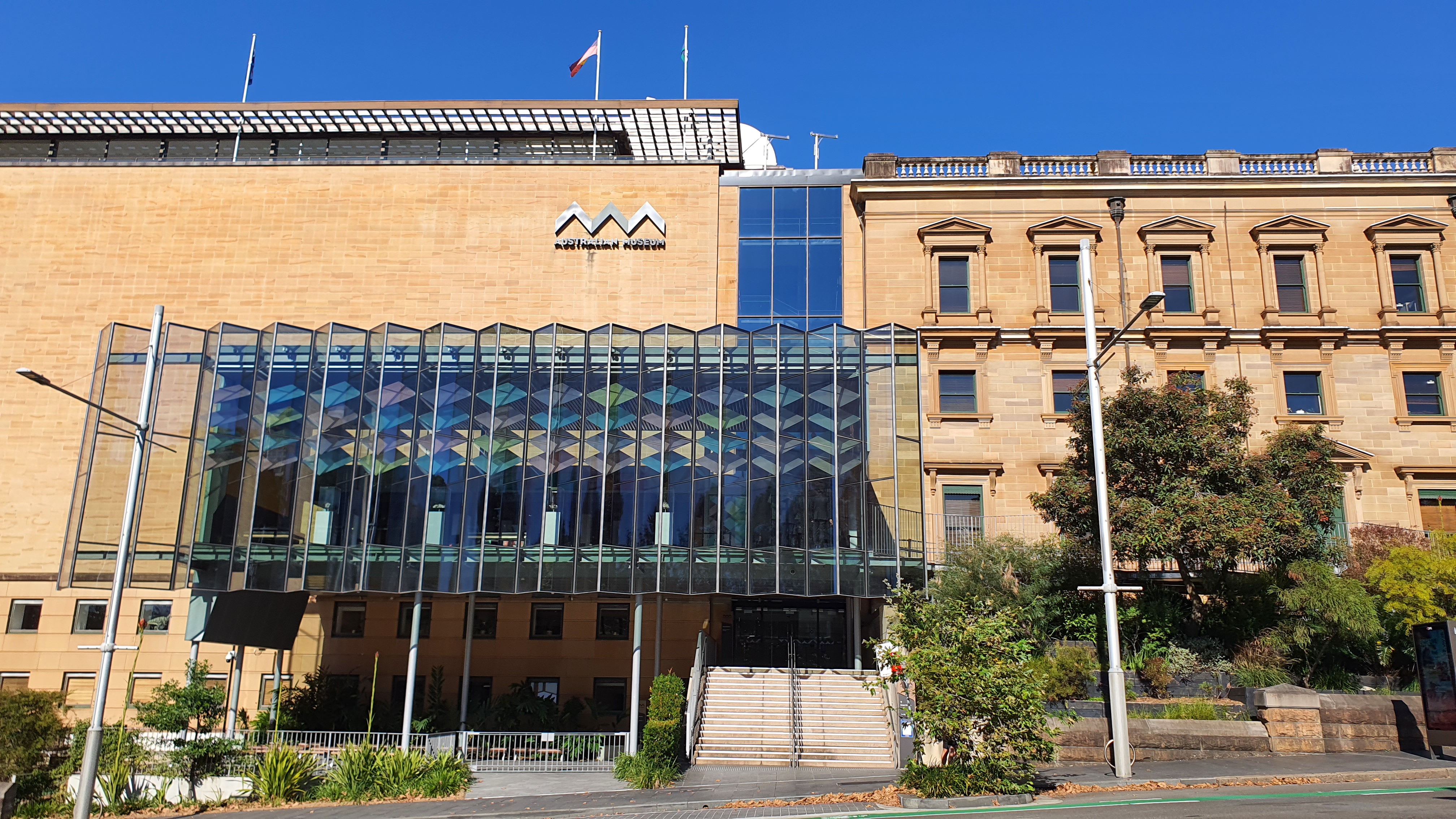1. PURPOSE OF THE WORK
Undertake a mapping of the various media (institutions and outlets) that exist in Anglophone and Francophone Africa and to assess their capacity needs in reporting forestry and related issues, then develop a guide for scientific reporting on biodiversity, climate change, landscape and forest management as well as renewable energy, for media professionals.
2. SPECIFIC TASKS
The specific tasks for the media mapping assignment could usefully address the following topics and questions, which are indicative and not exhaustive.
The state of the science media landscape in Africa
- Conduct a desk study/literature review and informant interviews with key players in the media industry to describe the science media landscape in the respective regions.
- What are the main channels used for disseminating science news? How has the science media landscape changed over the past decade? What are the latest developments, trends and regulations that have affected the science media and journalism practice in Africa?
- Who are the main science media actors? Who are the new/emerging players in the sector versus long standing media and what do they bring to the table?
- In Africa there are environmental media networks linking smaller media organisations and or individual journalists (for example Pan African Media Alliance for Climate Change , PAMACC). Identify the main media networks and their focal points.
- Provide profiles of the key media development actors/donors (e.g. Japan International Cooperation Agency- JICA, European Commission, Bloomberg Philanthropies) & an insight into their strategic focus
Challenges for journalists reporting on forests in the context of a changing climate
- Based on either an online survey from existing databases, informant interviews and/or dip-stick research:
- Describe the challenges and prospects facing the science media industry in the region.
- Identify the capacity needs of science journalists in reporting on forestry and related issues.
- Explain the mechanisms required for increasing access to accurate, objective information and facilitating informed public discourse on critical forestry related issues
Bridging the knowledge gap on forest related issues among science journalists
- Based on the findings of the capacity needs assessment above, develop a guide for scientific reporting on forest related issues including biodiversity, climate change, landscape and forest management as well as renewable energy, including best practices.
3. DURATION
The tasks in these TORs are for a one-and-a-half-month workload.
4. EXPECTED DELIVERY
The selected experts are expected to submit the following deliverables:
- 2 media mapping reports (Anglophone and Francophone Africa respectively)
- A guideline document on scientific reporting on African forestry for media professionals
5. MINIMUM QUALIFICATIONS AND SKILLS
This consultancy is meant for media experts demonstrating the following education and skills.
- Have, at least, ten years of proven experience in working within the media sector, preferably at senior editorial level within the newsroom.
- A Master of Arts degree in Journalism or Communication
- Ability to write clearly and concisely showcased through media articles, magazines and publications.
- Demonstrable experiences reporting on scientific issues in general and forestry related matters, in particular.
- Membership to a local public relations/media association would be an added advantage.
- Have demonstrated research and analytical skills.
6. HOW TO APPLY
Each application should contain the following:
- Cover letter stating how you meet the above qualifications and experience requirements.
- Curriculum vitae.
- A technical proposal of a maximum of 2 pages detailing how you intend to undertake the tasks, describing the Key Result Areas, and also listing your previous involvement in similar assignments.
All these should be submitted as email with attachment, indicating in the subject line:
Consultancy no 03- 3.3.1.1: Expert to map the science-media environment and assess their capacity needs in reporting forestry and related issues (Anglophone/Francophone Africa). The mail should be addressed to: (d.gitonga@cifor-icraf.org), with copy to d.mutta@cifor-icraf.org
For more information, download the:
Terms of Reference (ENGLISH)
Terms of Reference (FRENCH)




